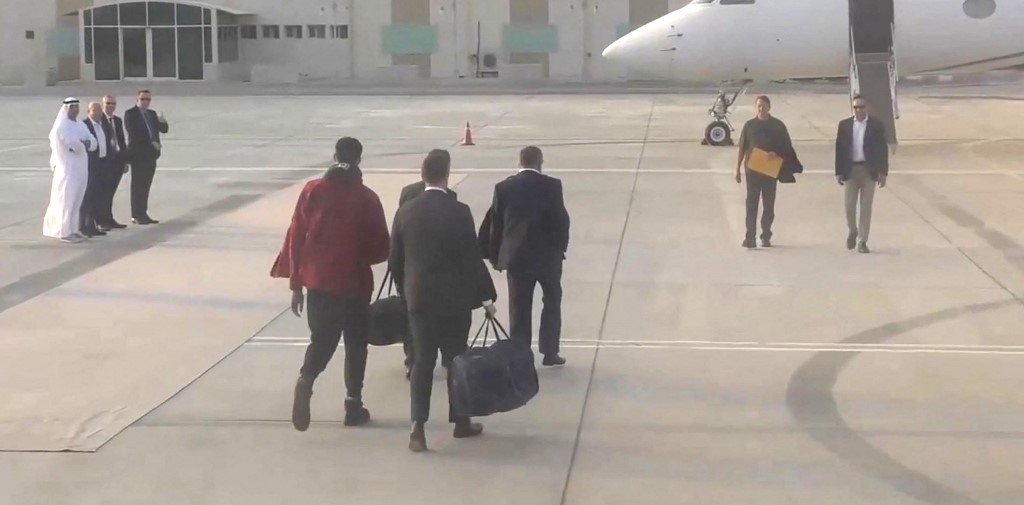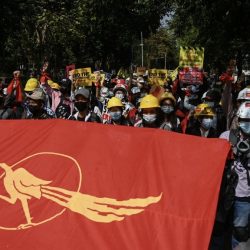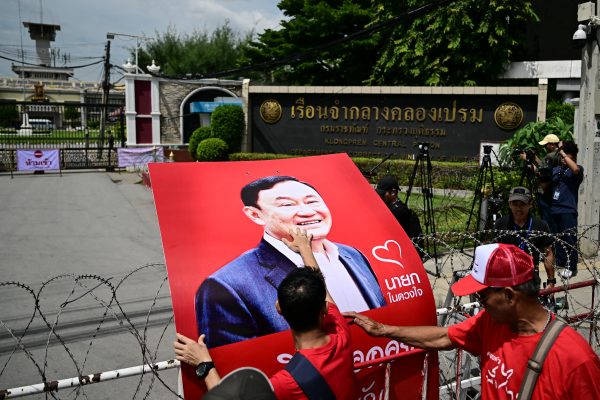Biden should acknowledge Thailand’s role in capturing Viktor Bout

The US government has previously acknowledged the part Thailand played in getting arms dealer Viktor Bout before a US court, thus making him available for the latest swap between the US and Russia, involving basketball star and double Olympian Brittney Griner.
Since Griner was arrested earlier this year and charged with possession of cannabis oil, there has been pressure from the American public, ethnic groups and the LGBTQ community to arrange for her release. The longer she stayed in a Russian jail, the uglier the situation became for Biden.
The exchange deal between the US and Russia took nearly 10-months to complete, because Bout is a very a high-profile criminal wanted by the US government and others. It is an open secret that the Biden administration wanted to exchange Bout for two Americans. Apart from Griner, Washington wanted to include one more person, Paul Whelan, who has been detained in Russia on an espionage charge for almost four years.
Judging from the past exchanges between these two superpowers, any diplomatic swap must be weighed up carefully and more usually involves prisoners from the same profession, i.e. spy for spy. So the usual formula did not work in this case. In the end, due to the extraordinary pressure on the home front, the Biden administration agreed on a one-to-one deal. Washington has Bangkok to thank, among others, if the American institutional memory really values the Thai contribution.
Looking back at the case, it helps to understand the American attitude towards Thailand, especially when it comes to the country’s judicial process. In a nutshell, Washington had no confidence in the country’s jurisprudence at the time. Bout’s extradition was a good case study of how the US government has repeatedly misjudged Thailand. Bout was arrested in Bangkok in March 2008 on a charge of illegally selling missiles to leftists guerrillas in a Latin American country. He was detained in Bangkok until November 2010, after a court battle over whether he should be extradited to the US, as per the extradition treaty between Thailand and the US, or deported to Russia.
Believe it not, after the Thai court’s decision to extradite him to New York, the whole process was further delayed because the US had already started the appeal process, believing that Thailand would eventually decide to deport him to Russia.
In retrospect, it showed the level of concern felt by the US as a lengthy and delicate sting operation, involving several countries and an Interpol Red Notice, was about to culminate in Bangkok. Again, a few months ago, a Russian businessman, Dmitry Ukrainski, was also extradited to the US under the extradition treaty. He was arrested on charges of money’s laundering both in Thailand and in the US. The incident was kept under wraps by the media, probably due to the sensitivity of Thailand-Russia relations, the ongoing APEC consultations and the country’s stance on the Russian-Ukraine war. In this case, the court also had the option of sending Ukrainski back to Russia, but did not do so.
At that time, the relationship between Thailand and Russia was excellent, due to the high-profile visits of key signatories from both sides. Thailand’s ties with the US were at their lowest ebb, following the ups and downs in Thai politics, including a coup against an elected government in 2007. The ties of nearly two centuries were severely damaged. Fortunately, they have been rejuvenated, following Prime Minister Prayut Chan-o-cha’s election in 2018 and subsequent visit to the US. Shortly after Bout’s arrest, Russia’s Foreign Minister Sergei Lavrov expressed the hope that Bout would be treated fairly and within the Thai law.
There is one simple but important lesson to be learnt from the Bout case: the US government should respect Thai jurisprudence. The two allies have different ideas of justice—in America, justice delayed is justice denied but, in Thailand, justice delayed (in high profile cases) is justice justified.
By Kavi Chongkittavorn






